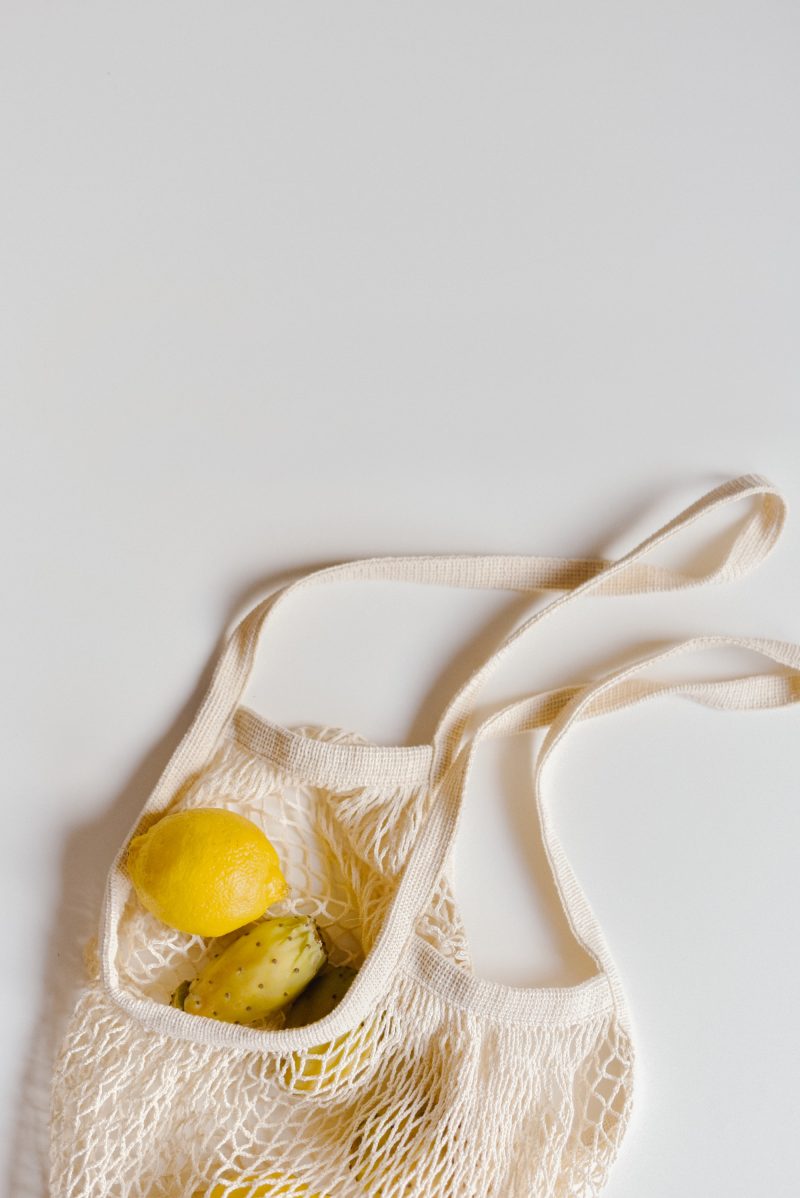Walking Cheerfully Over the Earth: Step by Step to a Greener Lifestyle

By Marjorie McKelvey Isaacs, Psy.D.
FWCC has approved a minute asking everyone to personally make green lifestyle changes. All change, even desired improvements, creates some stress. My psychology clients and I, working together for more healthy lifestyles, discovered research, strategies, and viewpoints that can make change easier. Thanks also to Charlotte Gordon for these ideas.
1. Modeling. “If they do it, I want to do the same.” Someone we admire can inspire. But if you can’t persuade your brilliant, kind, good-looking presiding clerk to use a clothesline, no worries. An accessible role model is also effective. That person is someone with whom you can easily identify. “Chris is my age, works full time like me, and says using the clothesline is an easy way to enjoy getting outside. If Chris can do it, I can too.”
2. Notice what you are telling yourself about the change you are contemplating. What you tell yourself will affect how you feel about the activity, and in turn, influence how successful you are. For example,
Old thought:
“I must use these TV dinners in throw-away packages because I do not have time to cook.”
New thought:
“When all three of us made that stew together, it saved us money, only took 20 minutes, and tasted great.”
3. Give yourself credit for attempting a change, even if it does not work out at first. Know that there are stages in the change process. A new habit will not be automatic or immediately perfect. When you notice that you did not do your newly targeted change, that awareness is a sign that you are just a step from success. Give yourself a little credit for noticing. For example,
Right way:
“Oops! I forgot my lovely cloth grocery bags. Noticing the mistake means I’m already in the process of changing. I’ll remember them next time.”
Wrong way:
“@#$%! I forgot those cloth bags again. Making this change is impossible—I’ll never learn.”
In the second example, the person is instructing herself to fail. So be nice to you—it is more effective.
4. Change happens in phases. Be patient with other people—and yourself. Each phase may require different activities and thoughts to help people move forward. Talking about the feelings will actually help you get through them. Yes, this does mean that whining can help decrease resistance, rather than making it stronger.
Phases of change:
Pre-contemplation—no awareness of a problem or need for change
Contemplation—noticing mixed feelings about making a change
Preparation—finding, then removing obstacles, beginning small steps
Action—practicing the new activity, meanwhile maybe missing the bad old ways
Maintenance—committing to sustaining the new behavior; find what will help you stick with it
5. Adaptive energy. Any change requires adaptive energy. Find times and arrange your circumstances so that you have enough energy to make the change. For example, the week you bring home a new puppy may not be the best week to also start the worm bin for composting kitchen scraps. It will be easier to stay with green lifestyle changes if you implement only one or two at a time.
6. Foot-in-the-door. Long ago on a far-away planet, a door-to-door salesman put one foot into the doorway when someone opened it. Unable to shut the door, the homeowner was forced to listen to the sales pitch. Agreeing to a small change makes people more open to a similar larger commitment. Succeeding at a small change also can build your confidence for making a larger change. For
example, “I walked to the drug store yesterday instead of driving, so I can walk to the grocery today—it’s only a little further, and I do have my lovely new cloth grocery bags (those again!?)”
7. Staying in touch with other people attempting similar changes gives everyone more strength. Well-known scientific studies show that holding onto a rational belief is difficult without the agreement of at least one other person. When you feel like the only one making a change, it is easy to feel “wrong” about your decision, even when you know the decision is right. Chatting together about the lifestyle changes you are making may feel like small talk, but it is really more than that. These connections with others sharing your goals will help you identify and overcome obstacles to change, feel the importance of the changes, and stick with right action.
8. Contracts. Make a written promise to implement a specific change. Include dates, times, how the change will be done, and any reward you will receive. Tell a friend about the change you plan to begin. For example, “I will find my lovely cloth grocery bags by ______(date.) Each time I use them, I will put the bags back where they belong, ready for next time. I will tell Lucretia I am starting on Sunday to use those lovely bags she gave me two years ago. Lucretia and I will celebrate over coffee after I use the bags.”
9. Tie your lifestyle change to a short-term reward. For example, put the money you save by cooking at home instead of eating out into a “fun fund.” Spend it on a special weekend activity, like buying lovely cloth grocery bags—no, no find something really fun. I probably hold the dubious distinction of being the only person who considers cloth grocery bags a source of fun. (If you knew how many we have, you might believe it—I am afraid to count them.)
10. Discover the humor in the changes you are making. Humor helps decrease the anxiety that often accompanies change. For example, when I look into my garbage can and see it is only one fourth full on garbage day, I think, “Wow, look what all those awkward refusals of plastic bags, and the ban on paper napkins at our house has done to reduce the solid waste stream! What a proud and happy moment with my trash!” Yeah, kind of ridiculous, but also true. Feeling sexy is also biologically incompatible with anxiety, but I’ll leave it to you to figure out if there is anything sexy about cloth grocery bags, and other environment-friendly lifestyle changes.

